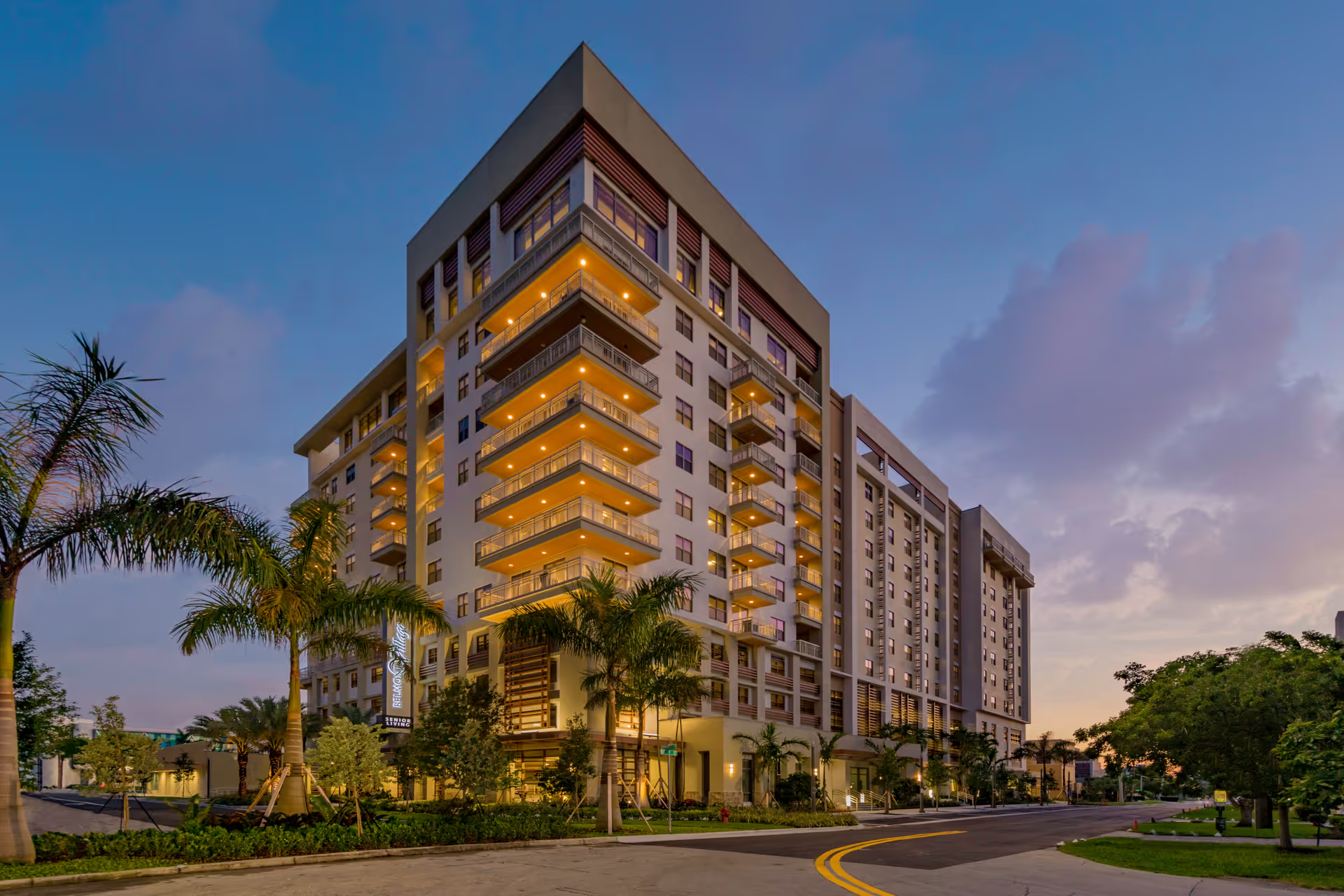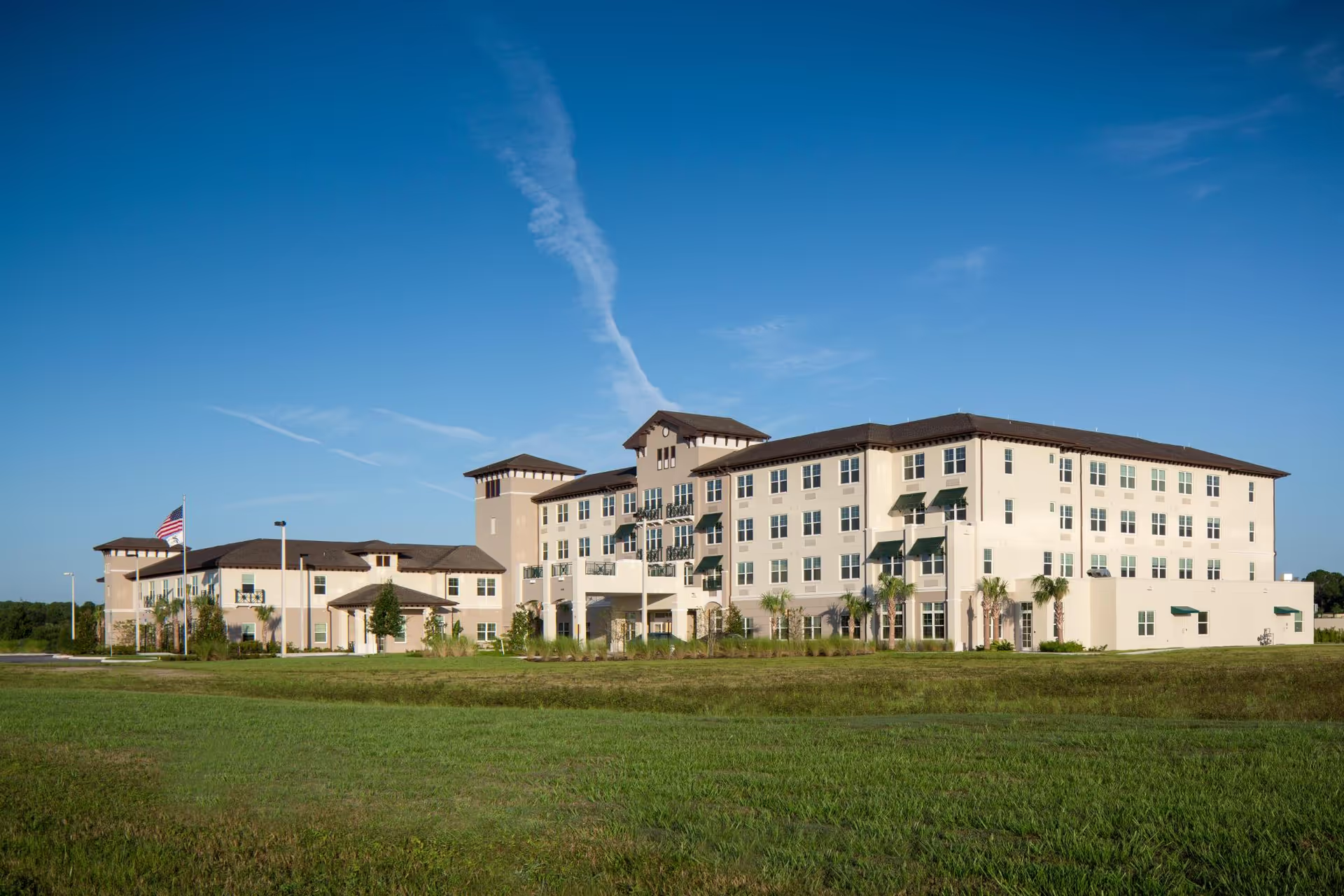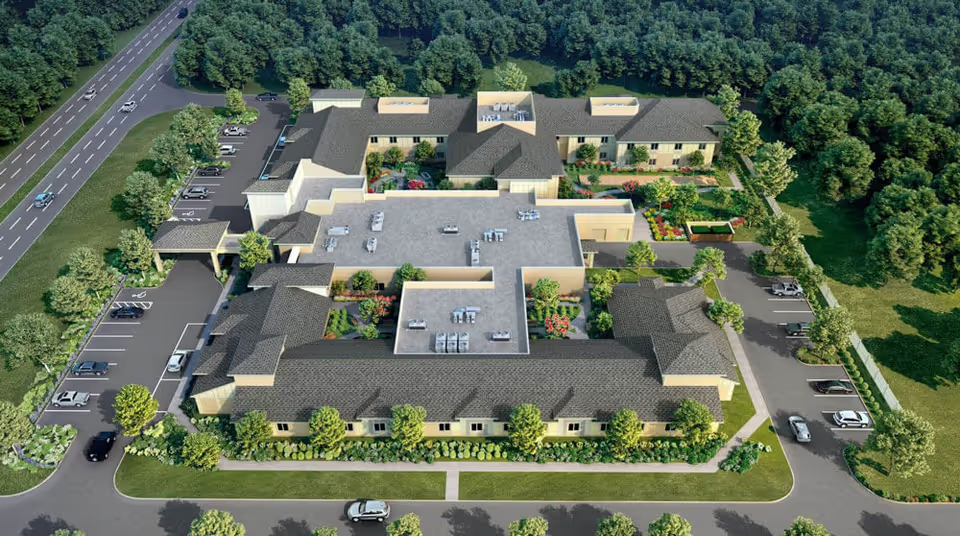Overall impression Springtree Rehabilitation & Health Care Center receives strongly mixed but distinctly clustered feedback. The most consistent and strongest theme across the reviews is exceptional rehabilitative care: physical, occupational, and speech therapy are repeatedly highlighted as outstanding, professional, compassionate, and effective. Many families credit the therapy teams with measurable functional improvement (walking, transfers, speech progress). Administration and therapy leadership also receive frequent praise for being engaged and helpful, and a sizable portion of reviewers explicitly say they would recommend or even return to the facility for rehab needs.
Care quality and staff behavior Nursing care is commonly described as good to very good—many reviewers single out nurses as caring, communicative, and competent. However, there is notable variability in the performance and attitude of CNAs/aides and some nursing staff. Numerous reports describe CNAs as “superstars” and “attentive,” while other reports cite rude, lazy, or poorly trained aides, especially on night and weekend shifts. The pattern that emerges is of strong daytime care and therapy staff, with inconsistent overnight and weekend coverage. This inconsistency affects timeliness of assistance (bathroom help, showers, linen changes) and creates frustration for families and residents.
Communication and case management Communication experiences vary widely. Many reviewers praise responsive case managers and social workers who keep families informed, arrange meetings, and explain care plans. Conversely, other reviewers report delays, missed calls, unreturned promises, and inconsistent updates from staff and management. Discharge planning and coordination are particular pain points for some families; when communication is poor, it compounds other issues like delayed medications or unclear therapy expectations.
Medication and safety concerns Although uncommon relative to the total volume of comments, there are serious medication and safety concerns that must be noted. Several reviewers reported medication mix-ups, late medications, or delays obtaining meds. A small number of reports describe alarming incidents: an apparent fourfold dosing error and medication given without consent. Safety issues extended to physical hazards in some reports (loose rugs, trip hazards), delayed assistance to toileting at night, missing bed safety mechanisms, and delays in providing mobility aids (walkers). These incidents are less ubiquitous than the positive therapy comments but are significant because they represent high-severity risks.
Cleanliness, pests, and maintenance Many reviews highlight a clean, odor-free, well-kept environment with shiny floors, spotless dining areas, and prompt housekeeping. Yet, the reviews are not unanimous: recurring complaints mention dirt under beds, infrequent linen changes for some residents, dirty bathrooms, overflowing trash, and maintenance lapses (flood/overflow events, AC filter buildup). Several reviewers reported pest sightings (ants, roaches, spiders) and required on-site pest control; these appear to be isolated but repeated enough to be a concern. Overall, public spaces and many rooms are praised for cleanliness, but there are pockets where housekeeping consistency can improve.
Dining and nutrition Dining experiences are among the most polarized aspects. A number of reviewers rave about the meals—hot, flavorful kosher options, borscht, fish, and individualized accommodations are mentioned positively. Nutrition staff and chefs receive praise for engaging with residents. At the same time, many reviewers describe repetitive menus (excess chicken), cold or overcooked meals, wrong diet meals served, substitutions that miss resident preferences, and extra charges for certain services. Weekends are often singled out as weaker in quality or variety. For prospective residents who are particular about food, dining here will be hit-or-miss and may depend on timing and staff on duty.
Activities, atmosphere, and amenities Springtree receives consistent credit for a pleasant, home-like atmosphere in many areas: a garden, gazebo, patio, and well-appointed dining/entertainment rooms. Activity programming is frequently noted—movies, bingo, barbecues, dining serenades, and more—helping residents’ morale and engagement. These non-medical features reinforce the positive rehab-focused identity of the facility.
Staffing, training, and language/support needs A recurring theme is that staff try hard but are sometimes overwhelmed. Several reviewers cite understaffing, especially among CNAs, leading to missed or delayed care. Night and weekend staffing appear weaker, and some staff lack training or language skills to communicate with non-English-speaking residents; Spanish-speaking families specifically reported miscommunications. Training consistency, reinforcement of call-response protocols, and improved staffing/thoroughness at night/weekends are clear opportunities for improvement.
Patterns and recommendations implied by reviewers The dominant positive pattern is world-class therapy and many instances of excellent nursing and administration; those strengths form the facility’s core value for short-term rehabilitation stays. The dominant negatives cluster around inconsistent aide performance, communication gaps (notably at discharge or nights/weekends), intermittent cleanliness/pest issues, variable food quality, and rare but serious medication and safety incidents. Families considering Springtree should weigh the strong rehab outcomes and caring daytime staff against the variability in dining, housekeeping, night/weekend care, and the remote possibility of medication errors. Prospective residents who require intensive therapy, enjoy structured activities, and value a kosher/dietary program will find many strengths here. For long-term stays or for residents with high night-time assistance needs, families may want to ask specific questions about overnight staffing levels, medication management protocols, and pest-control history, and clarify discharge planning and communication expectations before admission.
Conclusion In summary, Springtree Rehabilitation & Health Care Center consistently excels at rehabilitation therapy and provides many instances of compassionate nursing and supportive administration. However, reviewers also report meaningful inconsistencies in aide performance, communication, meal quality, housekeeping, and isolated but serious medication and safety concerns. The facility appears to deliver excellent outcomes for rehab-focused stays while requiring management attention in staffing consistency, overnight coverage, medication safety processes, and food/housekeeping quality control to address the recurring negatives described by families.







